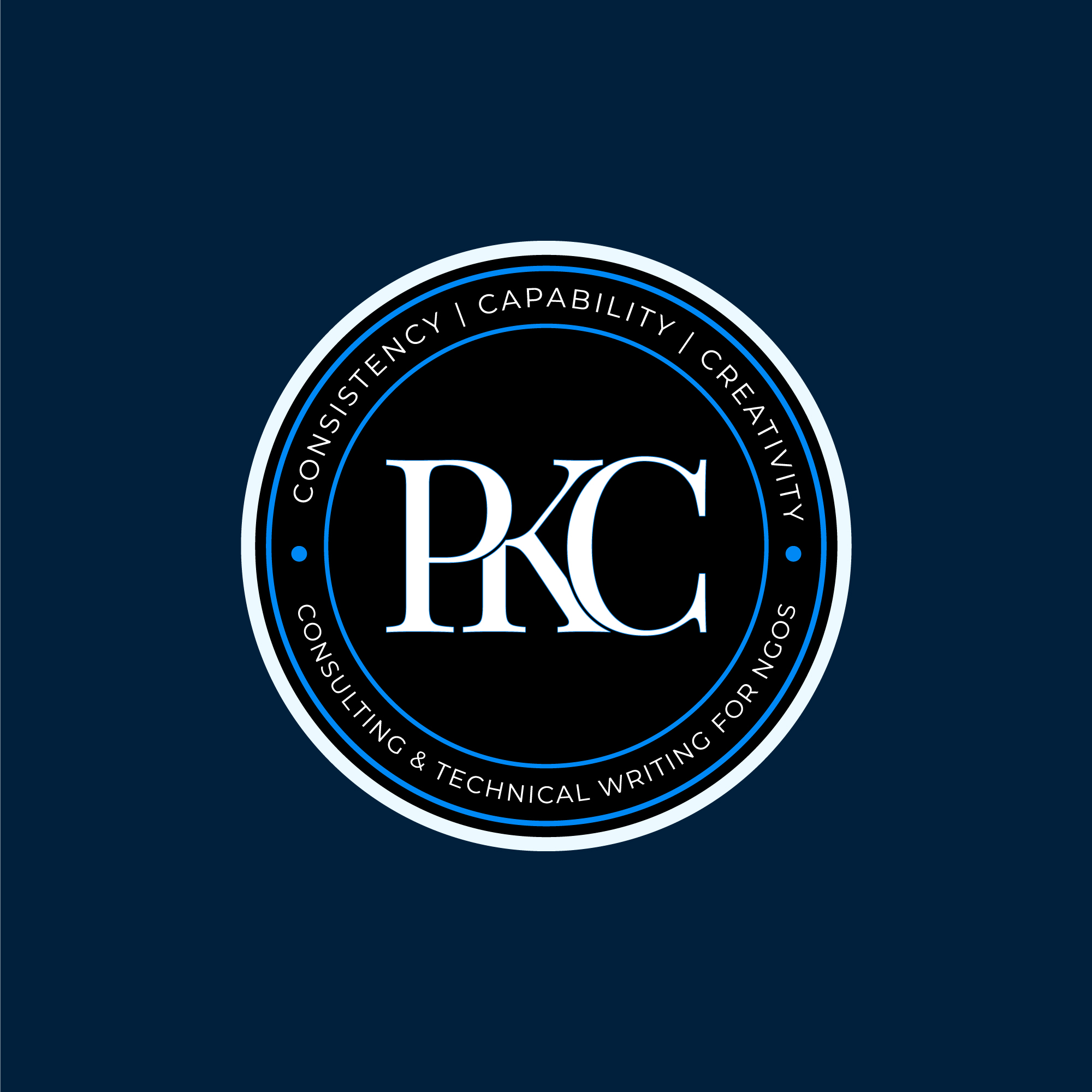Maryland Leads the Charge in Quantum Technology Advancement
- Pete Kimbis
- Apr 29, 2025
- 3 min read
Updated: Jul 2, 2025

Maryland's Quantum Leap
Maryland is making a significant move to establish itself as a leader in the unfolding "second quantum revolution." This initiative stems from a strategic partnership with the Defense Advanced Research Projects Agency (DARPA). The collaboration will create the Capital Quantum Benchmarking Hub in College Park. This hub is part of Governor Wes Moore's broader vision for the state's economic future.
The Capital Quantum Benchmarking Hub, located at the University of Maryland's Applied Research Laboratory for Intelligence and Security (ARLIS), is a crucial element of DARPA's Quantum Benchmarking Initiative (QBI). The ambitious goal of the QBI is to determine if an "industrially useful quantum computer" can be developed by 2033.
The Role of the Hub
The hub will provide independent assessments of commercial quantum computing approaches. This will help to distinguish viable technologies from mere hype, as reported by DARPA News. Joe Altepeter, the DARPA QBI program manager, emphasized the initiative's focus on building a highly qualified independent team for rigorous testing.
Economic Implications
This partnership also supports Maryland's economic strategy. Governor Moore's first proposed budget was characterized as "intentional and strategic." Despite cautious economic outlooks, the state enjoys a significant surplus. Maryland Nonprofits has raised concerns that the state's economy is underperforming compared to others. Issues like income growth, population growth, and unemployment have been highlighted.
Governor Moore's strategy aims to utilize the state's surplus "intentionally and strategically." Expenditures will focus on enhancing future competitiveness. Key areas include child poverty reduction, education, and transportation.
Quantum Sector Investments
Investing in the quantum sector aligns perfectly with this strategic approach. The DARPA agreement allows for potential matching contributions of up to $100 million each from Maryland and DARPA over four years, but this is contingent on research outcomes. In addition, Maryland's direct investments include:
$17.5 million allocated in Governor Moore's 2025-2026 budget for a "capital of quantum initiative."
$10 million to support IonQ Inc.'s new headquarters, as noted by the Washington Business Journal.
Governor Moore has set a goal to unlock over $1 billion in public and private quantum investments in the state over the next five years. He emphasized that leveraging Maryland's assets will drive economic growth and job creation through the quantum computing sector.
The Promise of Quantum Computing
Quantum computing holds the potential to solve complex problems that current classical computers cannot. Its applications span various fields, from cryptography to drug discovery. However, there are uncertainties about this technology's timeline and impact. Experts have differing views on its effects.
Despite these uncertainties, Joe Altepeter of DARPA stressed the necessity of initiatives like the Capital Quantum Benchmarking Hub. They will help the U.S. government make informed decisions about prioritizing quantum technology development.
Collaborative Opportunities
The agreement with Maryland is part of a larger DARPA strategy that includes a similar partnership with Illinois. Established in 2024, these collaborations benefit both DARPA and participating states. They provide DARPA access to advanced R&D facilities and foster technological development within the states. Additionally, DARPA is open to more partnerships with states that have established quantum computing initiatives aligned with the QBI's goals.
Engaging with Quantum Computing
For companies interested in engaging with the burgeoning business ecosystem around quantum computing in Maryland, establishing connections is vital. Pete Kimbis, Managing Director of the Bethesda-based communications firm PKC LLC, advises that having a reliable communications partner can promote relationships within the sector. PKC LLC played a significant role in advancing the U.S. bioeconomy through strategic communications. Their efforts contributed to bringing precision fermentation to the U.S. government under the Distributed Bioindustrial Manufacturing Program (DBIMP).
Conclusion: A Strategic Leap Forward
Maryland's establishment of the Capital Quantum Benchmarking Hub and investment in the quantum sector represent a strategic leap. The state aims to secure its position in the next technological revolution. This plan aligns closely with Governor Moore's intentional approach to enhancing future competitiveness, driving economic growth, and boosting national security through innovation.
As the state forges ahead, Maryland stands at the forefront of the quantum revolution, ready to tackle the challenges and embrace the opportunities that lie ahead.
Sources:
[1] Maryland inks agreement with Defense Department to create East Coast quantum hub, Washington Business Journal, April 28, 2025.




Comments